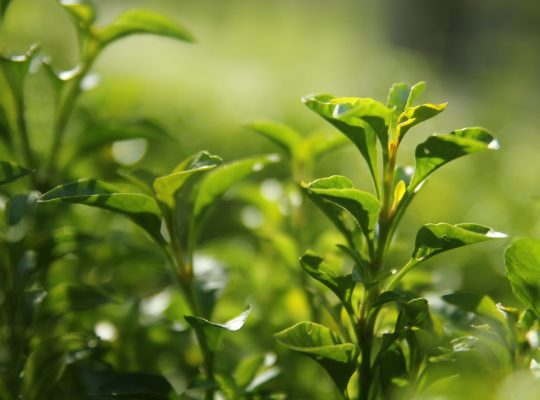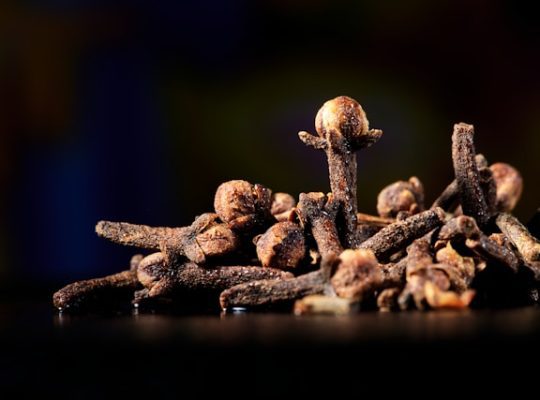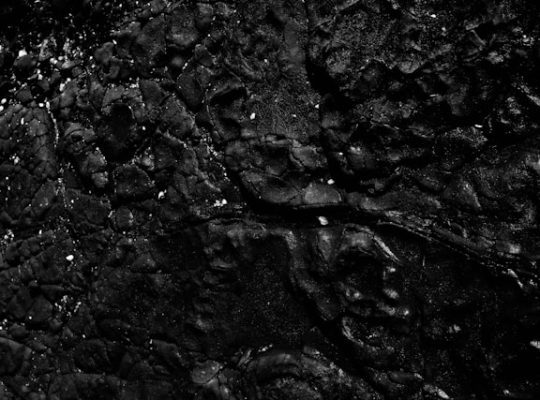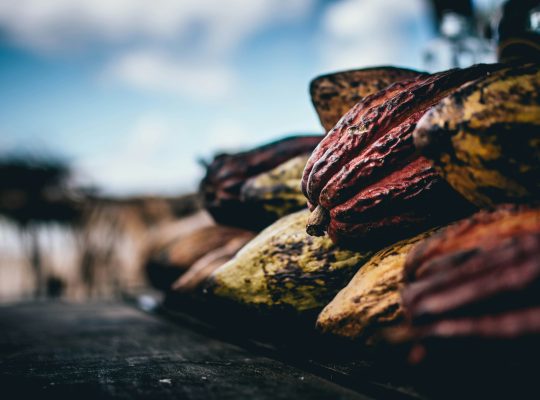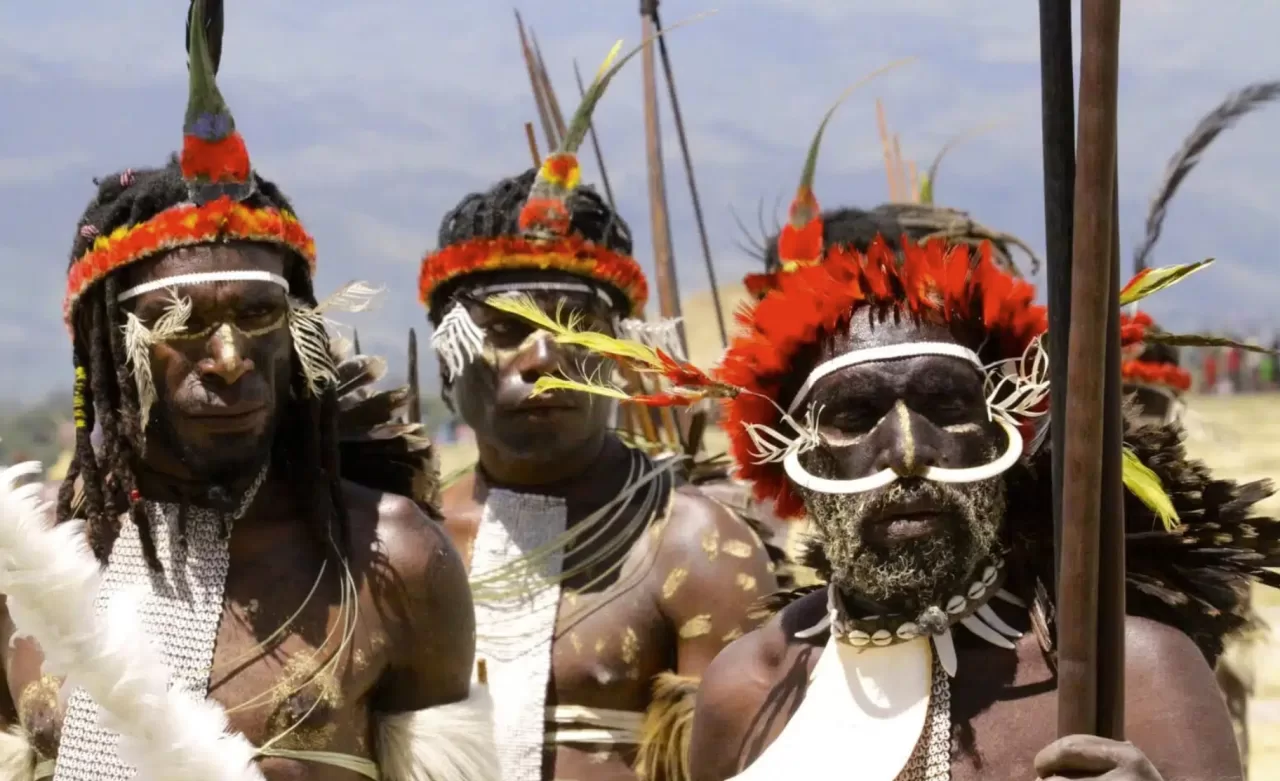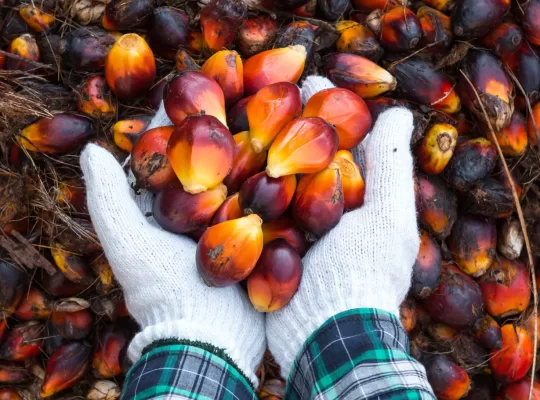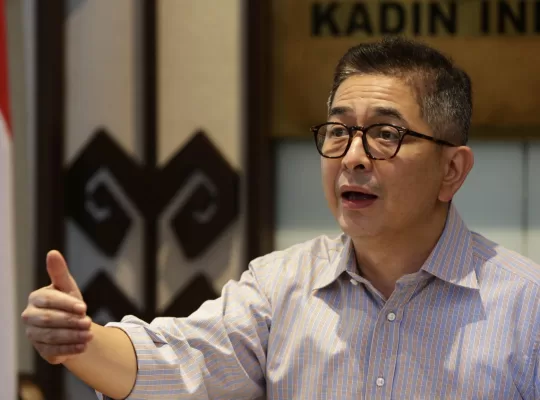In a heartfelt effort to save their ancestral forests from becoming palm oil estates, indigenous activists from West Papua made their way to Indonesia’s highest court. Holding traditional rituals right outside the Supreme Court in Jakarta, members of the Awyu and Moi tribes expressed a solemn plea: preserve their homeland from agricultural encroachment.
These ceremonies unfolded against a poignant backdrop as the court mulled over an appeal aiming to withdraw permits granted to four palm oil businesses. These permits, if left uncontested, would allow the conversion of extensive swathes of forest into plantations. Since 2016, Indonesia has recognized the concept of “customary forests,” yet the threat of deforestation looms large for these indigenous lands.
“One long and winding journey brought us from our home in Tanah Papua to the nation’s capital,” shared Hendrikus “Franky” Woro, an Awyu tribe member. He’s at the forefront of a legal challenge against a Malaysian palm oil firm’s ambition to clear thousands of hectares of untainted West Papuan forest, including areas integral to indigenous traditions.
The environmental implications of such deforestation are significant. Greenpeace estimates that clearing the targeted 26,326 hectares could unleash around 23 million tonnes of CO2 — a figure that echoes 5% of Indonesia’s anticipated annual emissions by 2030.
The legal battle extends beyond one company. The Awyu tribe has also stepped into legal proceedings involving two other firms. These companies had appealed against the cancellation of their permits by the minister of environment and forestry. The permits’ revocation stands as a beacon of hope, potentially safeguarding 65,415 hectares of virgin rainforest — an area six times the size of Paris — from being razed.
For the indigenous communities, the Supreme Court’s decision represents a final stand for their cultural legacy and the natural environment they deeply cherish. “The palm oil industry threatens to obliterate the forests that our future generations depend on. We aim to raise our children in harmony with nature, deriving sustenance and materials from the forest. The introduction of palm oil plantations spells destruction for our way of life,” stated Rikarda Maa, an Awyu tribeswoman.
Similarly, the Moi community is engaged in a legal tussle over their right to preserve vast areas of customary forest designated for palm oil production. Although initial community resistance led to the revocation of the company’s permits, subsequent court decisions have favored the palm oil developer.
“The court must give precedence to considerations of environmental and climate justice. The outcome of this case affects not just the Awyu and Moi tribes but the entirety of Indonesia,” remarked Tigor Hutapea from the legal team fighting for the indigenous communities.
This case highlights a larger environmental crisis. According to Global Forest Watch, over 74 million hectares of Indonesian rainforest have been lost to palm oil, paper, rubber plantations, nickel mining, and other commodities since 1950 — a space double the size of Germany. As the world’s leading palm oil producer, Indonesia’s actions have far-reaching implications for global ecosystems and commodity markets.


